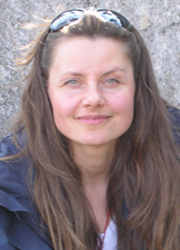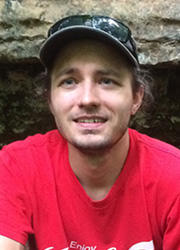The Geological Society’s Wickman Award in geochemistry and isotope geology goes this year Jenny Andersson, Geological Survey of Sweden. The Jan Bergström Award to Young Researchers is awarded to Anders Lindskog, Florida State University and Lund University. The winners will receive their awards in Uppsala on November 8 in connection with the awards ceremony for Geologist of the Year. Read more about the prize winners below. Read more about the awards ceremony at the website of the Swedish Association of Professional Scientists.

Jenny Andersson, the Geological Survey of Sweden, is awarded the Geological Society’s Wickman Award in the field of geochemistry and isotope geology in 2018. Jenny Andersson has in an innovative way applied isotope geology to study the development of the Sveconorwegian orogen. Using the chemical composition of the mineral zircon, uranium-lead age determinations of zircon and their relationship with other minerals, Jenny has studied regional geological processes and the metamorphic development in southwestern Sweden. Based on the results, she has presented new tectonic models for different geological units. In addition to these scientific studies, Jenny has also been actively involved in the debate on the importance of geology in society and emphasized the importance of regional geological knowledge. All in all, this makes Jenny a worthy recipient of the Geological Society’s Wickman Award in 2018. Jenny studied geology at the Department of Geology at Lund University and then continued with the PhD programme at the same department. While studying, she worked at Viak with Hallandsåsen and the City Tunnel in Malmö and later as an extra geologist at SGU. Jenny defended her thesis entitled “Sveconorwegian orogenesis in the southwestern Baltic Shield – Zircon geochronology and tectonothermal setting of orthogneisses in SW Sweden” in 2000. After this, Jenny spent a year in the USA and then started working at the Geological Survey of Sweden in 2002.

Anders defended his PhD in Lund in 2017 on a multidisciplinary study of the Ordovician period (approximately 485 to 443 million years ago). The thesis deals with a very eventful time in the earth’s history, which is characterised by major changes in both climate, sediment and organisms. The surveys were conducted in a regional and global perspective, focusing primarily on the bedrock in Sweden, the Baltic countries and Russia. The studies include as many different areas as biostratigraphy, event stratigraphy, sedimentology, palaeoecology and absolute dating.One of the eight articles of the thesis received a prize for best article in GFF in 2014. In addition to the articles included in the dissertation, he has been able to publish a large number of scientific articles. Anders recently received a prestigious grant from Birgit and Hellmuth Hertz’ Foundation for a three-year post-doc service. The first year of this is spent at Florida State University in Tallahassee, Florida, USA.
